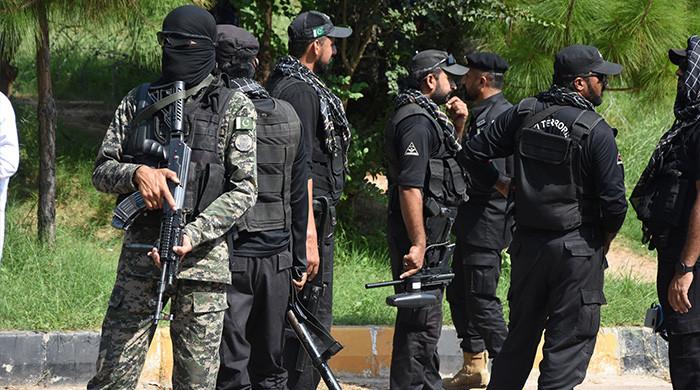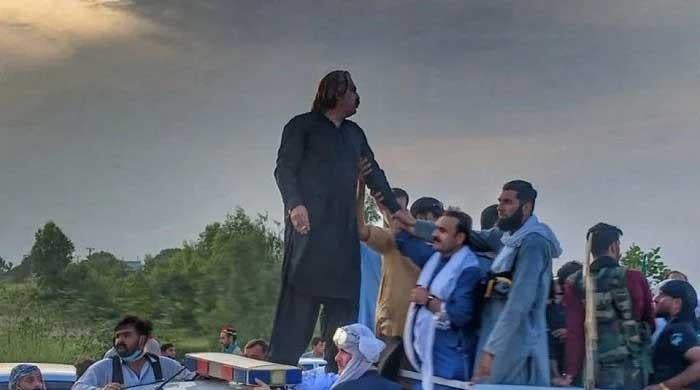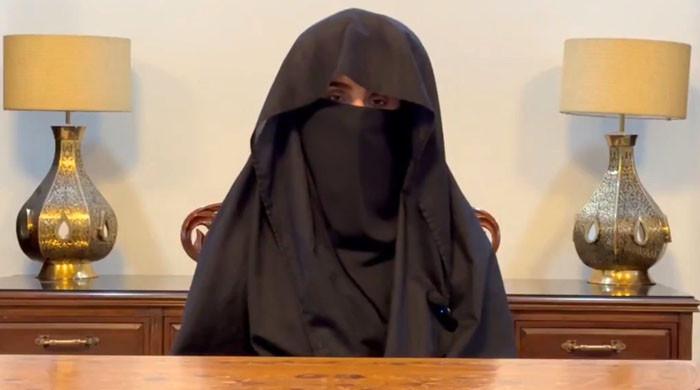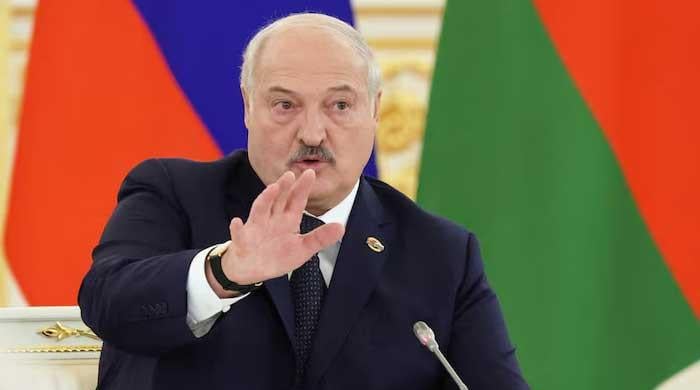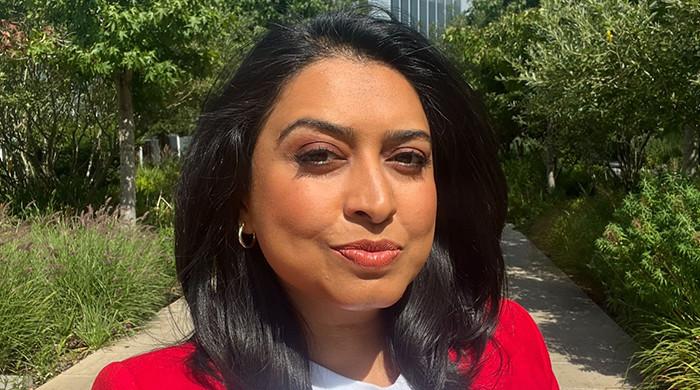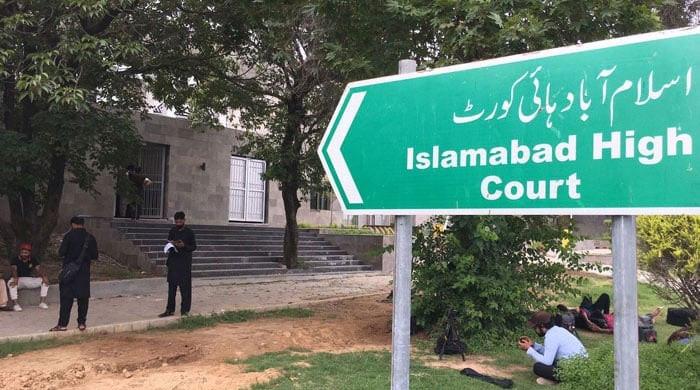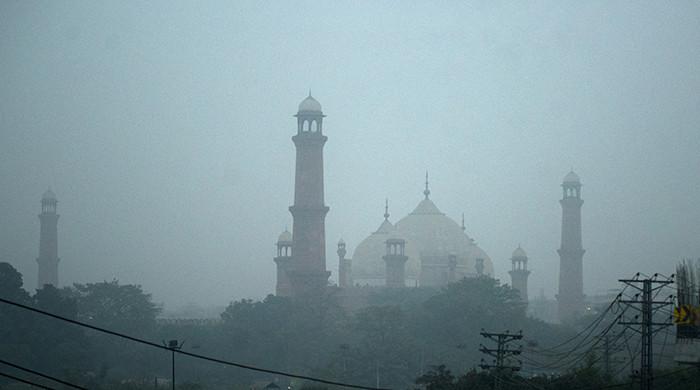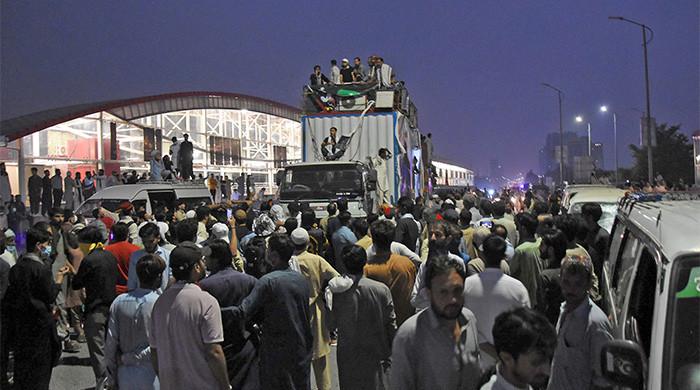ECP seeks SC guidance amid 'difficulty in implementing' reserved seats verdict
Electoral body says PTI "has no organisational structure for confirmation" of lawmakers' statements
July 25, 2024
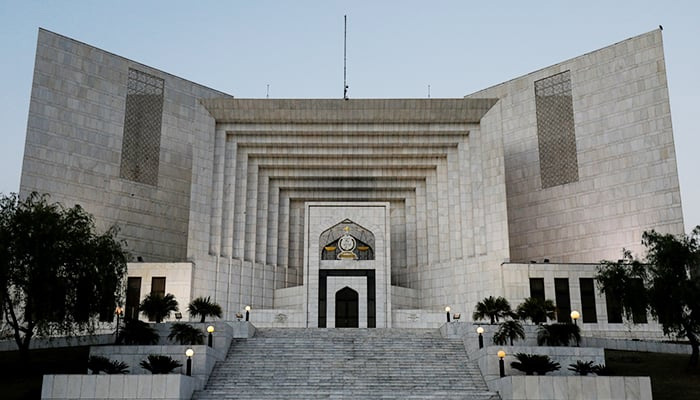
- ECP says PTI lacked "validly elected organisational bodies".
- ECP terms PTI Chairman Gohar as "unauthorised person".
- Electoral body seeks elaborated version of SC's July 12 verdict.
ISLAMABAD: After notifying 39 out of 80 Members of the National Assembly (MNAs) as Pakistan Tehreek-e-Insaf members, the Election Commission of Pakistan (ECP) on Thursday approached the Supreme Court seeking legal and constitutional guidance on the matter of the remaining PTI lawmakers in the national and provincial assemblies.
The electoral body submitted a plea to the top court's registrar via its secretary Omar Hamid Khan to seek an elaborated version of its July 12 order regarding the PTI-backed independent candidates in which the SC declared the former ruling party eligible for reserved seats.
Following the apex court's ruling, PTI lawmakers in the national and provincial assemblies had submitted their affidavits of allegiance to the Imran-founded party to the ECP.
However, the ECP raised some queries before the top court despite receiving the relevant party association particulars from the PTI-backed independent legislators.
In its civil miscellaneous application related to the SC order, the electoral body stated that the PTI lacked an organisational structure as per the ECP’s record, which "is statutory obligation of every enlisted political party to conduct intra-party elections in terms of Section 208 of the Election Act 2017".
It further read that the SC order directed the PTI to confirm the statements of the MNAs and Members of the Provincial Assembly (MPAs).
However, the ECP was facing difficulty in implementing the order as the "PTI at the moment has no organisational structure for confirmation of the statements of MNAs and MPAs, purportedly belong to PTI", it added.
Pointing towards ECP's records which did not authorise Barrister Gohar Ali Khan as the party chairman, the ECP also questioned the legal status of the PTI's confirmation of statements regarding the lawmakers in the assemblies by an "unauthorised person" on behalf of the party in absence of the "validly elected organisational bodies".
The poll organising body solicited the SC's guidance on the legal points to implement the top court’s order in its true spirit.
In a relevant development today, the poll organising body notified 39 out of 80 MNAs on general seats as PTI members who had shown their party affiliation with the Imran-founded party in their nomination papers before the 2024 general elections.
However, the fate of the remaining 41 candidates in the NA is yet to be decided by the ECP who had not mentioned PTI in their nomination papers neither disclosing their affiliation with the party nor submitting the ticket of any party.
Having been deprived of its election symbol, the PTI's candidates contested the February 8 elections as independents. However, these independents were directed by the party to join the Sunni Ittehad Council (SIC) to be eligible for the reserved seats.
After winning the most seats in the general polls earlier this year, PTI was denied reserved seats by the ECP while its decision was also upheld by the Peshawar High Court (PHC), citing the party’s inability to submit list of candidates for reserved seats in the stipulated time.
The SC full bench headed by Chief Justice of Pakistan (CJP) Qazi Faez Isa, by a majority of 8, set aside the Peshawar High Court's judgment of March 25 and declared the ECP order of March 1 to be ultra vires the Constitution, without lawful authority and of no legal effect.
It is noteworthy to mention here that the ruling parties, Pakistan Muslim League-Nawaz (PML-N) and the Pakistan Peoples Party (PPP), filed a review petition in the apex court against the reserved seats' verdict, which came as an unexpected legal victory for the main opposition party.
This not only paved the way for the PTI's return to parliament, which was kicked out of the February 8 polls owing to the ECP's December 2023 ruling but has also increased the pressure on the coalition alliance by changing the composition of the National Assembly.




